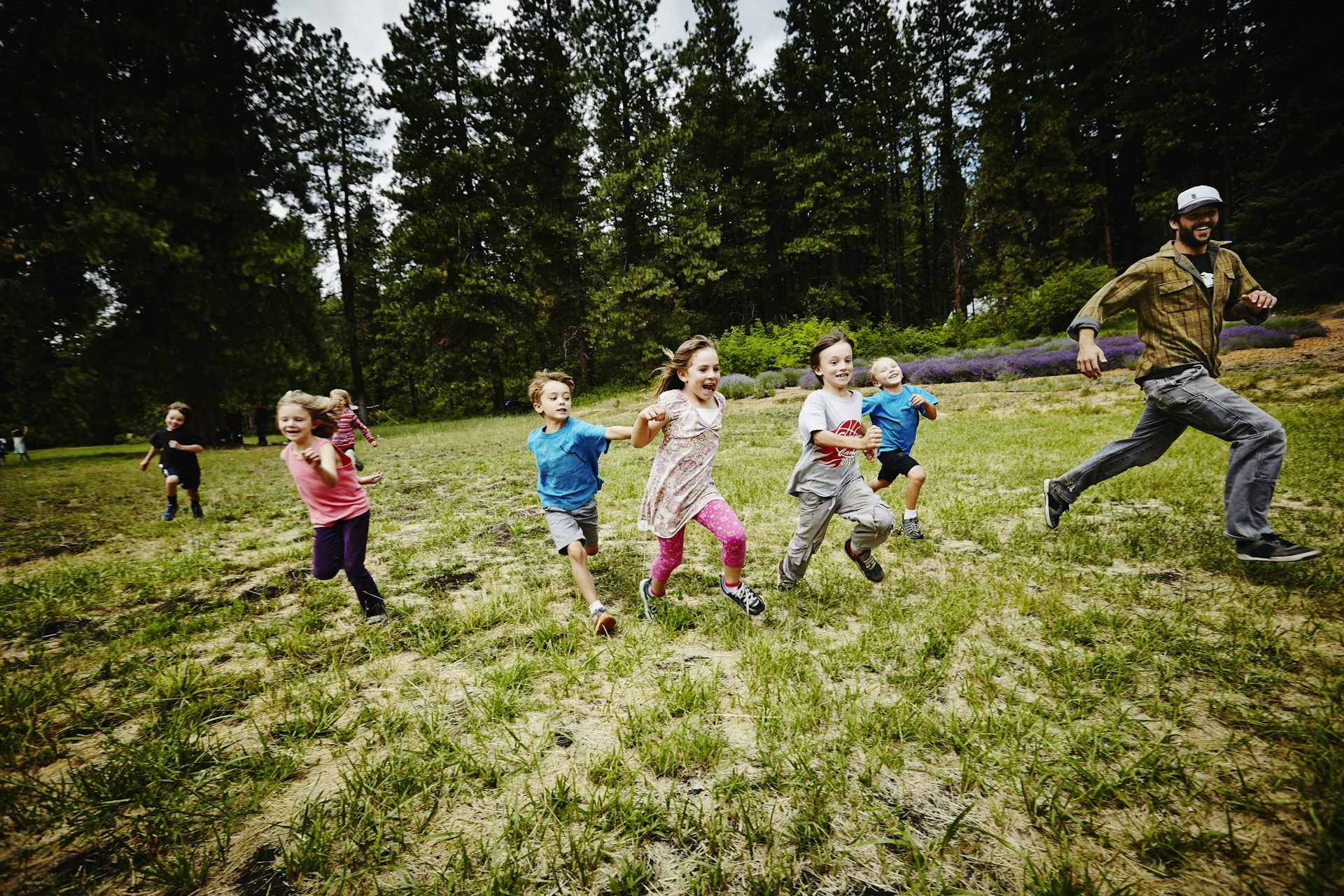I’d hate to see the school trips decline.
As is tradition with articles that pose questions like these, the answer is always no.
The law creates expectations that all practicable steps…
It actually reads:
(1) that it is reasonably practicable to take in the circumstances…
(b)/© and (d) the current state of knowledge about… (e) the availability and cost of each of those means.
I think that the Bold part is often over looked. Do a risk assessment (and document it), put into place reasonably practicable steps (seek advice where needed) and get out there and enjoy our out doors.
Whilst this is true, the reality is that this is a race to the top. If one school finds that it is reasonably practicable to do an action, then this is the new industry standard.
If you have worked in the industrial world, this happens, the law says X but industry best practice goes beyond the law; which it often does (the law is slow) then if there is an incident and you “only” follow the law this is not looked at kindly.
This unfortunately, means the schools with the most resources get to set the standards.
Yes I have (do) work in an industrial world (food processing / beekeeping) so do know a little about going beyond what the act proscribes, so can sympathise with schools that feel it is a race to the top.
For example one that is happening now where I work, with welding helmets/masks. The new IBP is to use forced air venting. In this example IBP is great, way better for protecting the workers than what the law says.
We audited all the contractors that come to site, they have already been using these or similar which is great to see. But this is situation where just following the law (eye and face protection) is a 50th of the cost. All of the fumes are still available to be inhaled by the worker under the law, IBP is so far ahead that any future court cases that happen because of lung damage happening now from welding fumes will look at IBP and not the law.
I’d be sad to see them decline too, but on the other hand I also really hated it when a kid got killed by one last year when the school decided to visit a flood prone cave during a heavy rain warning.
There has to be a happy medium around high risk vs low risk trips.
There has got to be a mechanism to prevent individual schools from making terrible judgment calls.
Agreed, but it is a fine line to walk.
Unfortunately there will be mistakes no matter how much paperwork is and to the process.
Maybe there’s opportunity for a pre-approved list? Visiting a cave sounds like a high risk activity that feels low risk, so it might be hard for a school to make a good call on. But if there was a list of activities to guide schools, maybe that could help?
It transfers some of the responsibility to the government (who organises the list), and could give schools a concrete list of things they should be doing or considering for different activity types.






